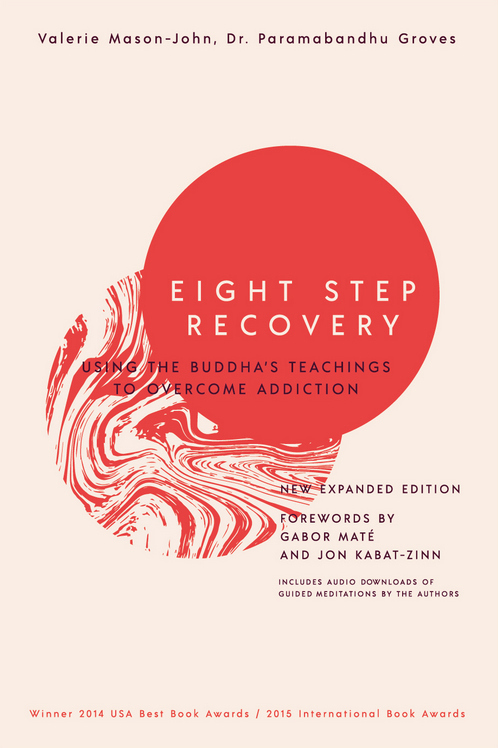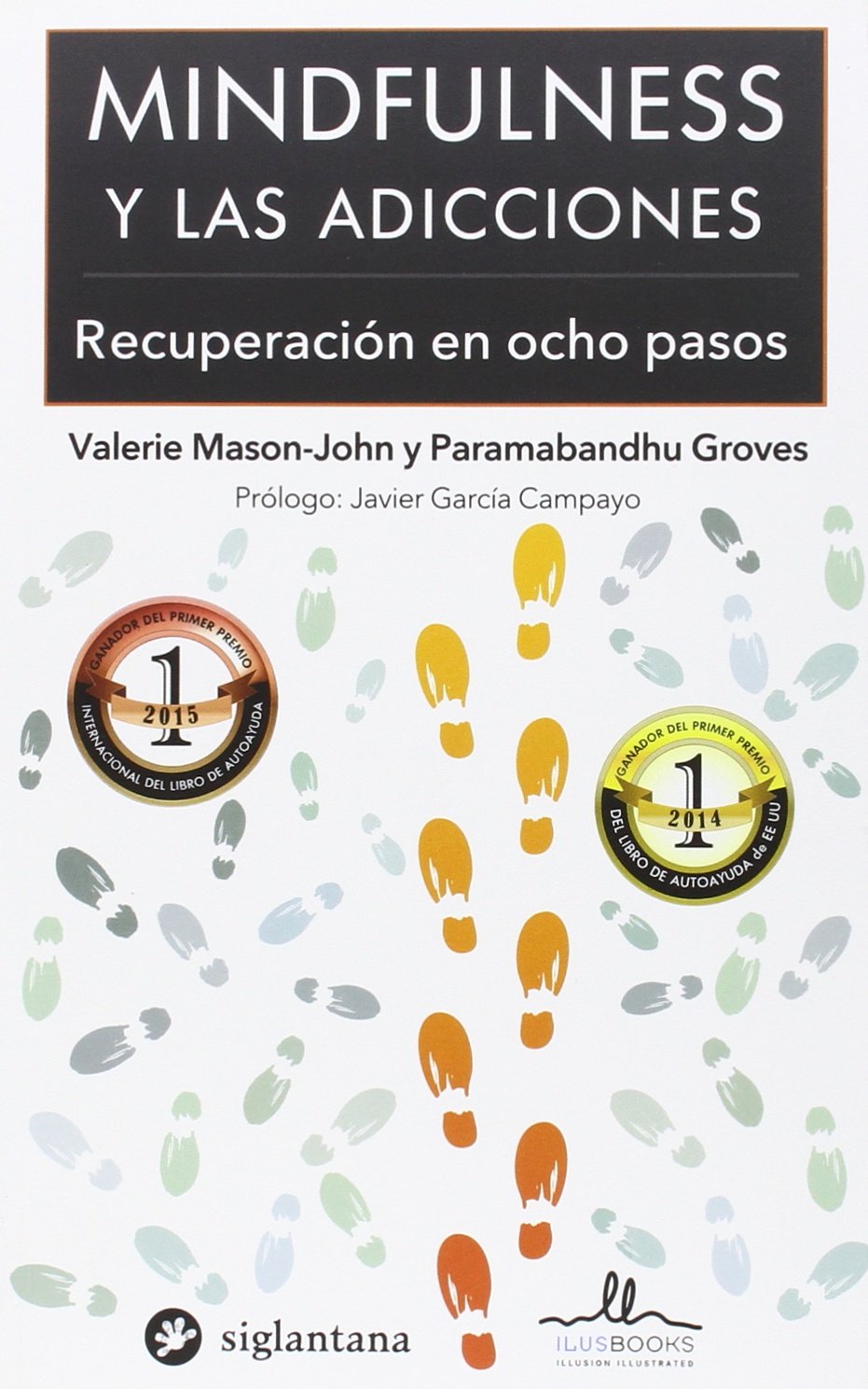Eight Step Recovery: Using the Buddha’s Teachings to Overcome Addiction
by Valerie Mason-John, Paramabandhu Groves
Winner of the 2014 USA Best Book Award and the 2015 International Book Award in the Self-Help: Motivational category. This new edition includes a foreword by Jon Kabat-Zinn, advice on how to run an Eight Step Recovery meeting, and insight on how to teach a Mindfulness Based Addiction Recovery (MBAR) program, including teacher’s notes and handouts.
The Buddha was in recovery. Taking this bold statement as a starting point, this wonderful book shows how we are all addicted to aspects of life and can all benefit from training our minds and hearts to be free of the tyranny of compulsion.
“Give yourself over day by day, thought by thought, moment by moment to this reliable and profound form of nurturance and healing.” -Jon Kabat-Zinn, from the Preface
Purchase Eight Step Recovery at windhorsepublications.com and get 15% off your order with this code eightstep15.
No freight cost on orders over 30 GBP in North America, over 20 GBP in UK and Europe.





